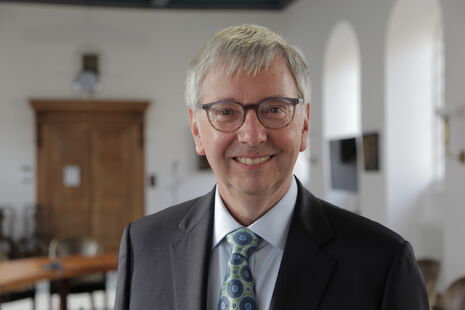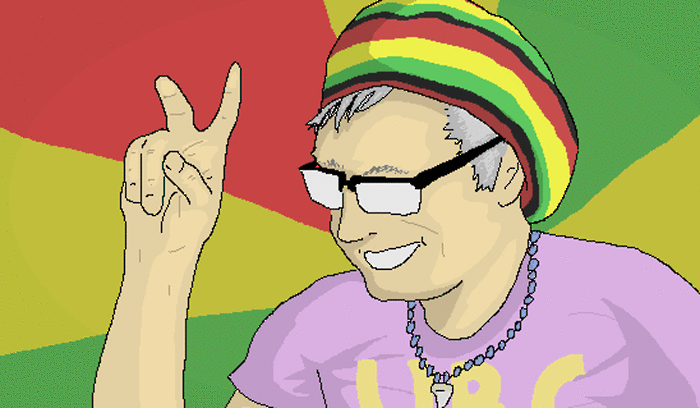Toope takes the reins
Toope will take office on Sunday, taking over from Sir Leszek Borysiewicz

On Sunday, Professor Stephen Toope will officially begin his tenure as the 346th Vice-Chancellor of the University of Cambridge. He takes over from Sir Leszek Borysiewicz, who has been in the role since 2010.
After graduating from Harvard with a degree in history and literature in 1979, he completed a PhD at Trinity College Cambridge. He has previously served as president and Vice-Chancellor of the University of British Columbia.
Over the course of his tenure, Borysiewicz has made moves to strengthen the university’s established research reputation: the Office for Post-Doctoral Affairs, established in 2013, now supports the 4,000 university post-doctoral researchers who comprise 35% of staff.
As Vice-Chancellor, he has championed international initiatives. However, the outcome of the EU referendum in 2016 has proven to be something of a stumbling block for the Vice-Chancellor. A long-standing and outspoken opponent of Brexit, Borysiewicz has called the Leave vision “a fantasy” and has criticised the government’s restrictive approach to migration, emphasising Cambridge’s need to remain attractive to EU applicants and for it to champion the rights of its current staff and students from overseas.
Perhaps inevitably, the new Vice-Chancellor has inherited his predecessor’s globalist outlook. In an interview with CBC News earlier this year, he stressed the need for the University to continue acting as a “beacon of inclusion and openness” in the wake of the “Brexit phenomenon”.
In the interview, Toope, who holds several law degrees, discussed the difficulties of leading an institution with such an established reputation as the University: “It’s always a balance between retaining tradition, retaining our fundamental commitments to teaching, learning and ground-breaking research, and understanding that we have to rethink the way the delivery mechanisms operate.”
 News / Uni Scout and Guide Club affirms trans inclusion 12 December 2025
News / Uni Scout and Guide Club affirms trans inclusion 12 December 2025 News / Cambridge Vet School gets lifeline year to stay accredited28 November 2025
News / Cambridge Vet School gets lifeline year to stay accredited28 November 2025 Science / Did your ex trip on King’s Parade? The science behind the ‘ick’12 December 2025
Science / Did your ex trip on King’s Parade? The science behind the ‘ick’12 December 2025 News / Cambridge study finds students learn better with notes than AI13 December 2025
News / Cambridge study finds students learn better with notes than AI13 December 2025 News / Pembroke to convert listed office building into accom9 December 2025
News / Pembroke to convert listed office building into accom9 December 2025









